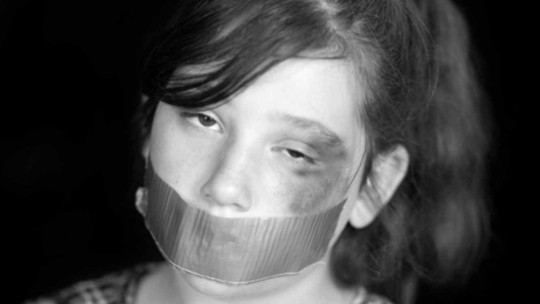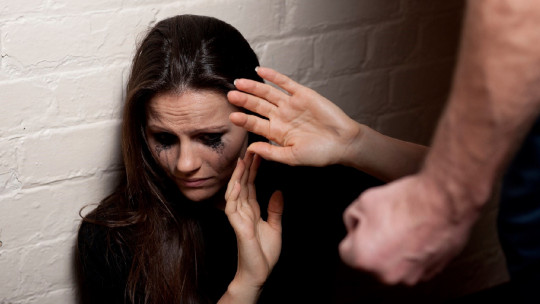
¿How can many abused women forgive their abuser? and again? This question has multiple answers, most of them well studied from psychology, sociology and other disciplines.
The reason is deeply linked to the education received by women throughout history, the secondary role imposed by society over the years and the shadow of this behavior “marked in cultural DNA.” But there are also some reasons closely linked to behavioral learning, which have a clear and obvious cognitive explanation.
Battered women who forgive: learned helplessness
Today, in order to understand a little better the reason for certain behaviors carried out by women victims of sexist abuse, we are going to explain one of the many reasons why a woman may not respond to an abusive situation, as most of us think we would. We talk about Learned Helplessness.
Learned helplessness in an abused woman is nothing more than an alteration in the woman’s cognitive function that generates a passive behavior in the face of a series of events that she perceives as uncontrollable
This makes it very difficult for the battered woman to find optimal ways to end a violent relationship, mainly because her cognitive attention function is focused on staying alive.
A person learn not to defend yourself when you firmly believe that fighting against this situation of abuse will not stop the other’s attacks. Therefore, the woman stops trying to stop this situation and unconsciously creates coping strategies to live “safely” within that situation of abuse.
When a woman suffers from learned helplessness, Their behavior is based on reducing the pain, but not stopping the attacks because he feels that the cause of the events are totally outside his control, and since he cannot do anything to stop that situation, he simply waits for it to pass.
The role of attribution style
One of the risk factors for learned helplessness is attributional styles. These determine the way in which we usually explain the different things that happen around us. Generally, people with a positive attributional style tend to appreciate the environment as predictable or controllable. This feeling of control helps us maintain our level of self-esteem.
However, people with learned helplessness, as we have commented, They have a negative attributional style perceiving the situations around them as unpredictable and uncontrollable, thus seeing their self-esteem undervalued.
People who find themselves in this situation underestimate the degree of control they really have.
The emotional repercussions
On the other hand, the consequences of learned helplessness, among others, are negative emotional states characterized by high levels of anxiety, depression frustration, lack of confidence in their abilities, lack of initiative, demotivation, negativity, social isolation, etc.
To a woman (and a man) never and under no circumstances does she like to be subjected to a situation of abuse This premise is evident and has to prevail over any value judgment we may make, no matter how much the situation may seem incomprehensible to us. There is always a reason why you live in that type of toxic relationship.








